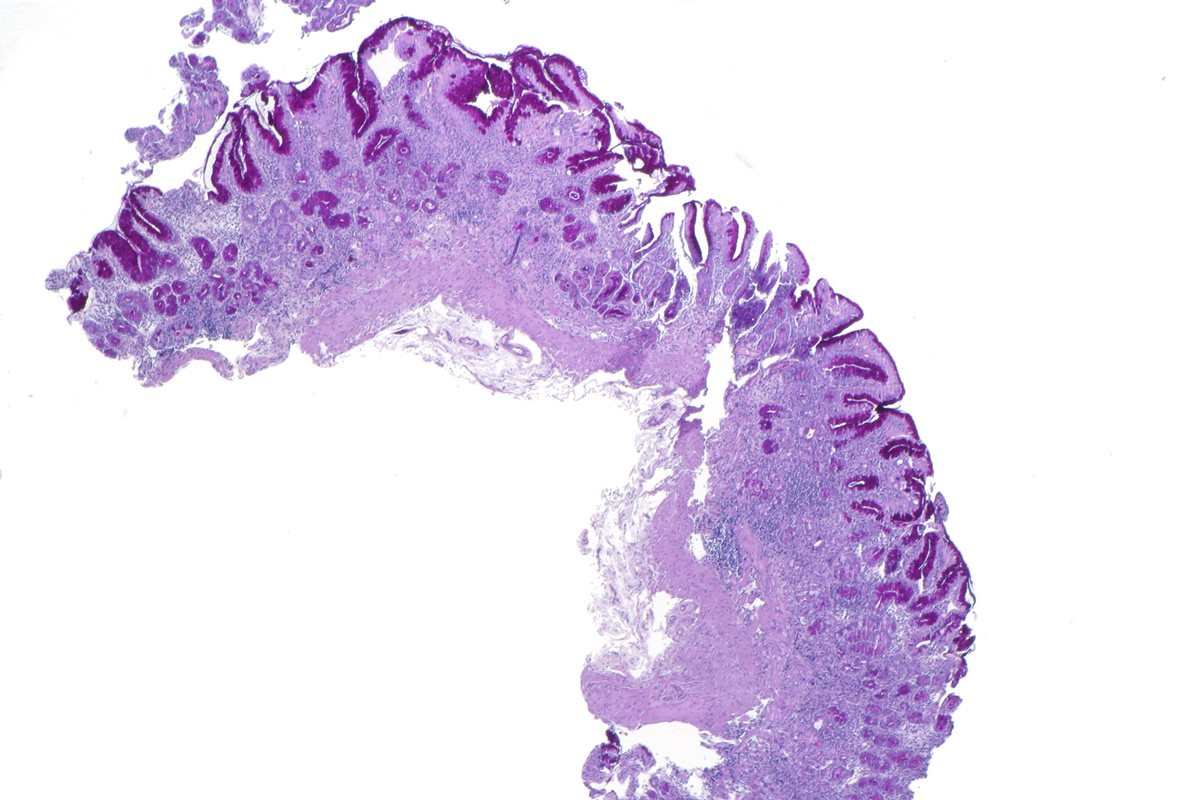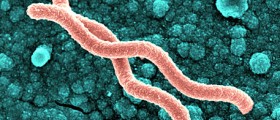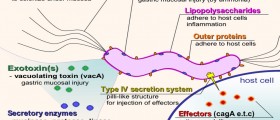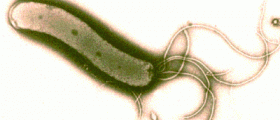
Atrophic gastritis is a medical condition that leads to chronic inflammation of the mucous membrane of the stomach. Since this is a chronic inflammation and damage of the mucous membrane of the stomach, atrophic gastritis leads to loss of some of stomach's functions. The stomach contains gastric glandular cells in charge with production of pepsin and hydrochloric acid. These glandular cells are essential for digestion and once their number has significantly reduced the stomach is not able to produce sufficient amount of stomach acid. This consequently leads to many stomach problems and digestive issues.
Causes of Atrophic Gastritis
There are two leading causes of atrophic gastritis and they are classified as intrinsic factors and environmental factors. Intrinsic factors are related to an autoimmune process which affects the parietal cells and leads to their destruction. Environmental factors responsible for atrophic gastritis include infection caused by Helicobacter pylori and dietary factors.
Symptoms of Atrophic Gastritis
In case atrophic gastritis occurs due to bacterial infection, it may for many years be asymptomatic. However, the symptoms will eventually occur. Typical symptoms of atrophic gastritis are abdominal pain and indigestion. Patients commonly complain about pain and discomfort in the upper abdomen. Additional symptoms and signs include flatulence and frequent belching. The condition can also feature with nausea, vomiting, loss of appetite and subsequent loss of weight.
In atrophic gastritis parietal cells are destroyed and the stomach is simply not able to produce digestive enzymes, hydrochloric acid and a substance necessary for proper absorption of vitamin B12. This is explanation why patients suffering from atrophic gastritis eventually develop pernicious anemia. Insufficient absorption of vitamin B12 is responsible for this type of anemia and it requires proper treatment. Lack of B12 vitamin may also cause neurological symptoms.
One more important thing associated with chronic atrophic gastritis is that it is considered a risk factor for stomach cancer.
Treatment for Atrophic Gastritis
There is no cure for chronic atrophic gastritis. Fortunately, there are several medications which can help with symptoms of the disease and are also able to prevent potential complications. Patients suffering from atrophic gastritis are generally prescribed antacids, histamine blockers and proton pump inhibitors. Infection caused by Helicobacter pylori is treated with an adequate combination of antibiotics.
Since the body is not able to absorb B12 vitamin it is administered in regular intervals together with folic acid. Dietary changes are recommended as well and patients are also due to go for regular check-ups and tests which are able to diagnose potential stomach cancer in its early stage.

















Your thoughts on this
Loading...